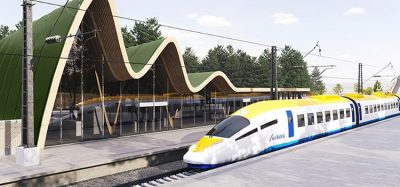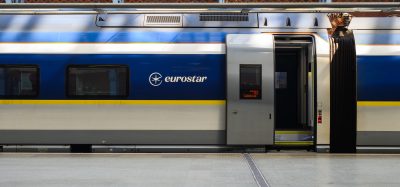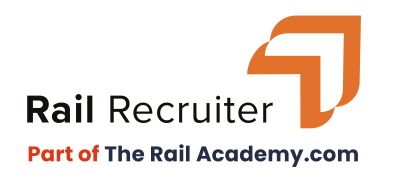The link between enhanced customer experience and increased rail travel
Posted: 22 April 2020 | KeTech Systems Limited (KeTech) | No comments yet
Modern technology offers the opportunity for train passengers to have access to customised services and up-to-date information to enhance the rail journey experience. However, findings show there is a lack of knowledge about which innovations and services are most important to rail travellers.


In order to understand this, a 2019 study1 conducted a conjoint analysis survey to understand which innovations passengers placed the most and the least value on in terms of enhancing their journey. It is well established that factors such as personal safety, comfort, reliability, convenience, and fare influence traveller’s choice to use public transport2. However, it may be argued that a fair tariff differs from each individual’s perception on value for money. UK train company services are notoriously known for a lack of punctuality, hence the tightened standards that came into place on 1 April 20193. In the rail industry specifically, passengers often do not believe they get value for money4 , however it could be argued that passengers perceived price fairness of tickets for rail travel may be distorted by other factors that they score low in the industry such as reliability, comfort and convenience.
The rail industry is often reluctant to increase prices because they are concerned that consumers might consider this as unfair and react in a price elastic way which in turn would result in financial drawbacks and negative press5. This suggests that Train Operating Companies (TOCs) are lacking disposable capital to upgrade the technology that will better punctuality, reliability and comfort. On the other hand, it may be seen as unfair for TOCs to increase the price of tickets before upgrading products/services. This is especially true today in a ‘want now’ society, customers want instant gratification6. Customers are TOCs most crucial asset, without them there is no license to operate7, therefore it is imperative that TOCs meet user expectations. In 2017-2018, the most frequent passenger complaints were regarding punctuality/reliability, facilities on board and sufficient room for all passengers to sit/stand8. These are basic user needs, it is important that TOCs listen to customer feedback to make worthwhile investments – there is little point in having the ability to electronically validate your ticket at a seat if you (A) cannot get to your seat due to overcrowding (B) the ticket officer cannot move down the train for the same reason. In a study1, electronic ticket validating was scored low in terms of customer value. It could be argued that customers cannot see the value in technologies such as this because their basic needs are not being met.
Related topics
Operational Performance, Passenger Experience/Satisfaction, Passenger Information Systems (PIS)






